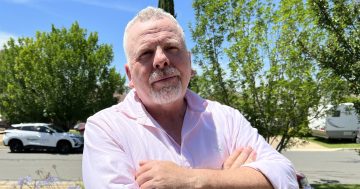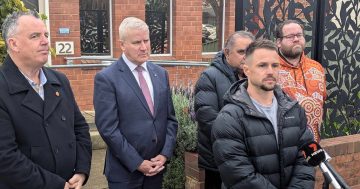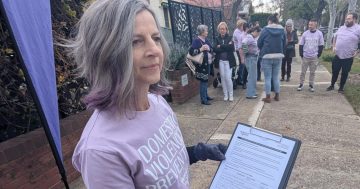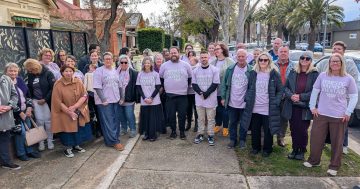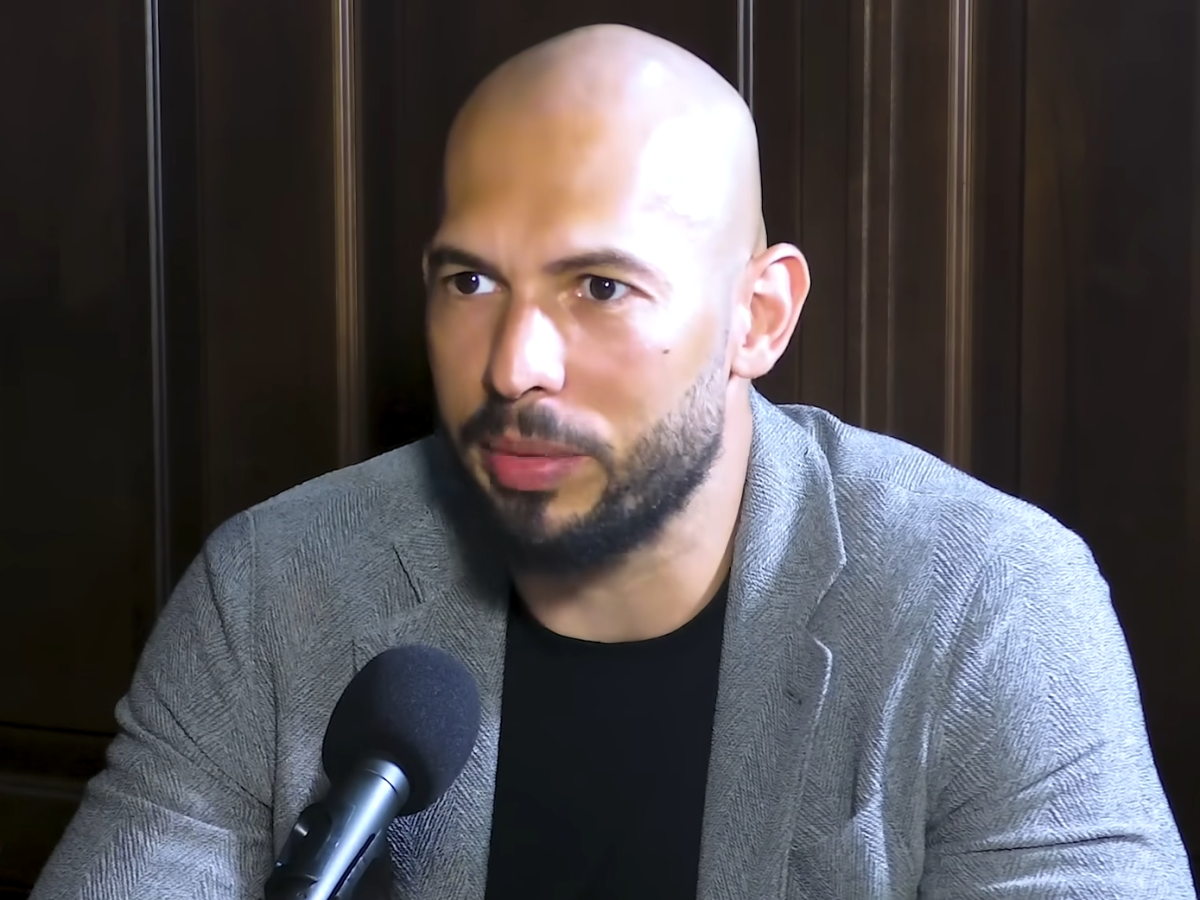
Controversial influencer Andrew Tate is sometimes linked to the incel movement. Photo: Wikimedia Commons.
Prominent Wagga feminists have warned that online so-called incel movements can have real-life consequences for women who face abusive behaviour.
Incels are male members of online communities who share information, stories, practical tips and a hostility towards women.
A recent study from the UK found that incel factors such as right-wing beliefs and whether a man thinks he is attractive or ugly drives men’s hostility towards women in the wider community – especially those who are career-driven or identify as a feminist.
Other factors, such as time spent gaming and the number of sexual partners were also examined, but researchers were unable to draw conclusive evidence.
“Any kind of narrative that denigrates women is often also denigrating people of colour, any minority group,” Charles Sturt University psychology lecturer Rachel Hogg said.
“And I think Australia quite clearly rejected some of the divisiveness politically that we saw from [former opposition leader Peter] Dutton and the campaign that he ran around things like First Nations issues.”
Incel culture promotes the idea of a hierarchy, where “Alpha males” sit on top over the “simps” or “soy boys”. To be an Alpha, young men are encouraged to conquer by ”getting ripped” (being muscular), becoming rich and “thereby attracting a woman”. According to another study conducted by Dublin City University, it only takes 23 minutes for men to be recommended incel content on social media.
“Some of the key features of the manosphere [are] really exclusionary. It’s not just exclusionary towards women. It’s also very tough on men, because there’s a really clear hierarchy from the Alpha men who are the top tier,” Dr Hogg said.
“And then right down the other end of the spectrum, you have men who are referred to as simps or soy boys, who are considered to be weak and feminine and deferential to their female partners.”
Wagga Women’s Health Centre president Vickie Burkinshaw said she had noticed a growth in online influencers having a profound impact on young men.
“It used to be that there was just Andrew Tate, but now there’s a proliferation of men who use various social media platforms to create this illusion that to be the perfect man, you have to be fit, … gets the car, gets the money, then gets the girl that they want to ultimately control,” Ms Burkinshaw said.
“It’s very disturbing [and] probably mirrors some of the experiences that our young women are experiencing.
“We also know from research, for the first time in history, young men are less progressive and young women are more progressive.
“All the [research and] data shows us there is an increasing number of sexual assaults happening, with a younger and younger cohort. We can basically connect dots between that and the number of ways that young people are accessing porn younger and younger, which is diminishing their relationships.”
Wagga Wagga last year became the first NSW council to host a Men’s Leadership Forum against domestic violence, where Ms Burkinshaw found that the men who participated were able to call out “some of their controlling behaviours” and leave friend groups with toxic masculinity.
“People have told me directly … that [they] have removed themselves from some social groups because they feel that even despite having shared their concerns about particular topics or behaviours or jokes, that hasn’t led to any kind of change,” she said.
Dr Hogg believes that having strong connections with others plays a critical role in tackling domestic violence issues, promoting healthy masculinity and dispelling the “dominate or be dominated” illusion perpetuated by the manosphere.
“Australia is one of the highest-ranked countries in the world for misogyny, and we have traditionally had a culture of valuing mateship,” she said.
“They can sort of see, OK, well, you’re telling me that women treat men like s–t and that society doesn’t value men anymore. But you know what? My mum’s not like that, and my female friends are not like that.
“That just doesn’t ring true to me. That’s not my experience of the world, and I feel safe and I feel secure in the relationships that I have with the people around me. I think that’s a pretty strong kind of protective measure to some extent.
“The young men who are most likely to believe that are the ones who don’t feel valued and often have had really disrupted relationships, often in early childhood and things like that.”







